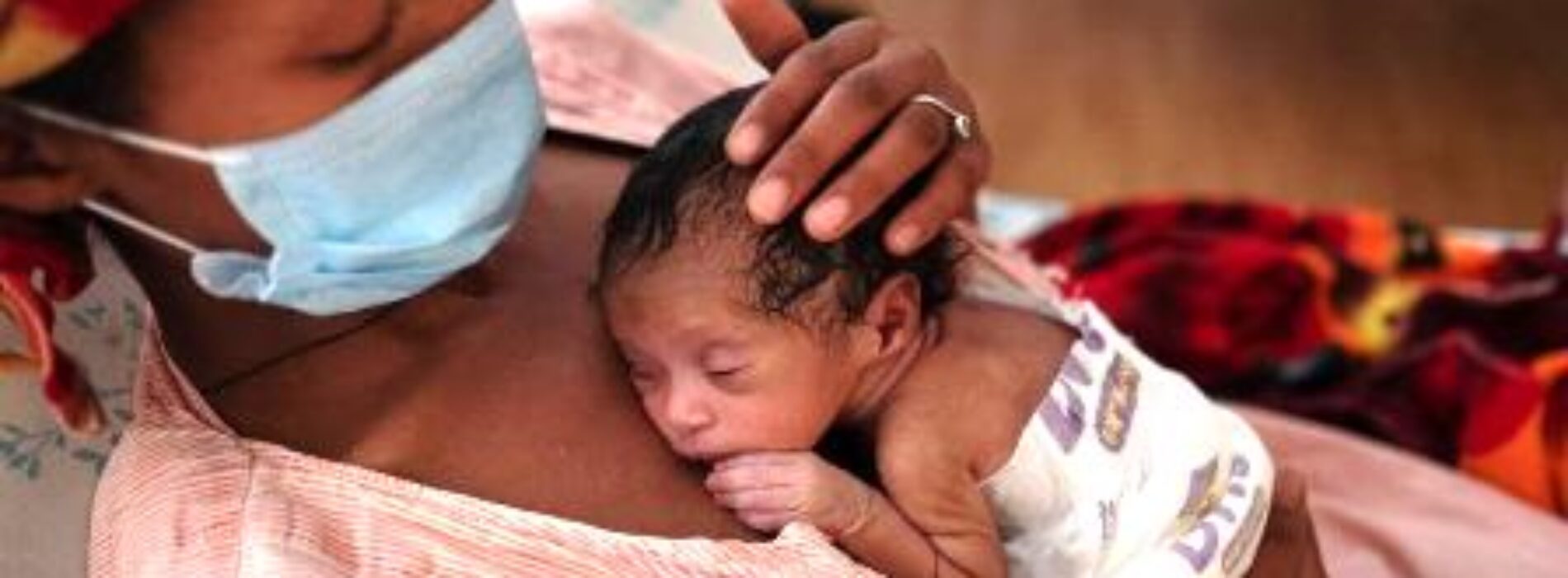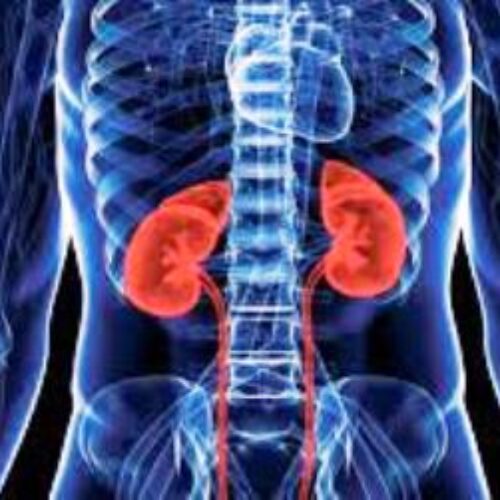<strong>152 million babies born preterm in the last decade</strong>
-
Of every 10 babies born, 1 is preterm – and every 40 seconds, 1 of those babies dies
-
Preterm birth rates have not changed in the past decade in any region of the world
-
The impacts of conflict, climate change, COVID-19 are increasing risks for women and babies everywhere
-
Action is needed urgently to improve the prevention of preterm birth, alongside better care for affected babies and their families
An estimated 13.4 million babies were born pre-term in 2020, with nearly 1 million dying from preterm complications, according to a new report released by United Nations agencies and partners today. This is equivalent to around 1 in 10 babies born early (before 37 weeks of pregnancy) worldwide.
Born too soon: decade of action on preterm birth, produced by the World Health Organization (WHO) and the United Nations Children’s Fund (UNICEF) together with PMNCH — the world’s largest alliance for women, children, and adolescents, sounds the alarm on a “silent emergency” of preterm birth, long under-recognized in its scale and severity, which is impeding progress in improving children’s health and survival.
The report includes updated estimates from WHO and UNICEF, prepared with the London School of Hygiene and Tropical Medicine, on the prevalence of preterm births. Overall, it finds that preterm birth rates have not changed in any region in the world in the past decade, with 152 million vulnerable babies born too soon from 2010 to 2020.
Preterm birth is now the leading cause of child deaths, accounting for more than 1 in 5 of all deaths of children occurring before their 5th birthday. Preterm survivors can face lifelong health consequences, with an increased likelihood of disability and developmental delays.
The report shows that Southern Asia and sub-Saharan Africa have the highest rates of preterm birth, and preterm babies in these regions face the highest mortality risk. Together, these two regions account for more than 65% of preterm births globally.
The report also highlights that the impacts of conflict, climate change and environmental damage, COVID-19, and rising living costs are increasing risks for women and babies everywhere. For example, air pollution is estimated to contribute to 6 million preterm births each year. Nearly 1 in 10 preterm babies are born in the 10 most fragile countries affected by humanitarian crises, according to a new analysis in the report.
Maternal health risks, such as adolescent pregnancy and pre-eclampsia, are closely linked to preterm births. This underlines the need to ensure access to sexual and reproductive health services, including effective family planning, with high-quality care in pregnancy and around the time of birth.
Leading up to the International Maternal Newborn Health Conference, in Cape Town, South Africa from 8-11 May, WHO, UNICEF, UNFPA and PMNCH are calling for the following actions to improve care for women and newborns and mitigate risks from preterm births:
- Increased investments: Mobilizing international and domestic resources to optimize maternal and newborn health, ensuring high quality care is provided when and where it is needed.
- Accelerated implementation: Meeting country targets for progress through implementing established national policies for maternal and newborn care.
- Integration across sectors: Promoting education through the life cycle; supporting smarter economic investments, with co-financing across sectors; strengthening climate adaptation responses across the life-course; and advancing the coordination and resilience of emergency systems.
- Locally driven innovation: Investing in locally led innovation and research to support improvements in quality of care and equity in access.
Prof. Joy Lawn, London School of Hygiene & Tropical Medicine Co-lead, Born too soon said: “This new report shows that the cost of inaction over the last decade was 152 million babies born too soon. While some regions are more affected, preterm birth threatens health progress in every country. Greater investment in the care of vulnerable newborns can save millions of families from heartbreak.
“More work is also needed to prevent preterm birth, which will also improve progress in reducing stillbirths and maternal deaths. Together these twin tracks of preterm prevention and care will produce healthier individuals and societies to deliver on economic and social development. Our next generation depends on us all acting now — the investment may not be small but the returns on this investment will be major for every country”





0 Comments
No Comments Yet!
You can be first to comment this post!